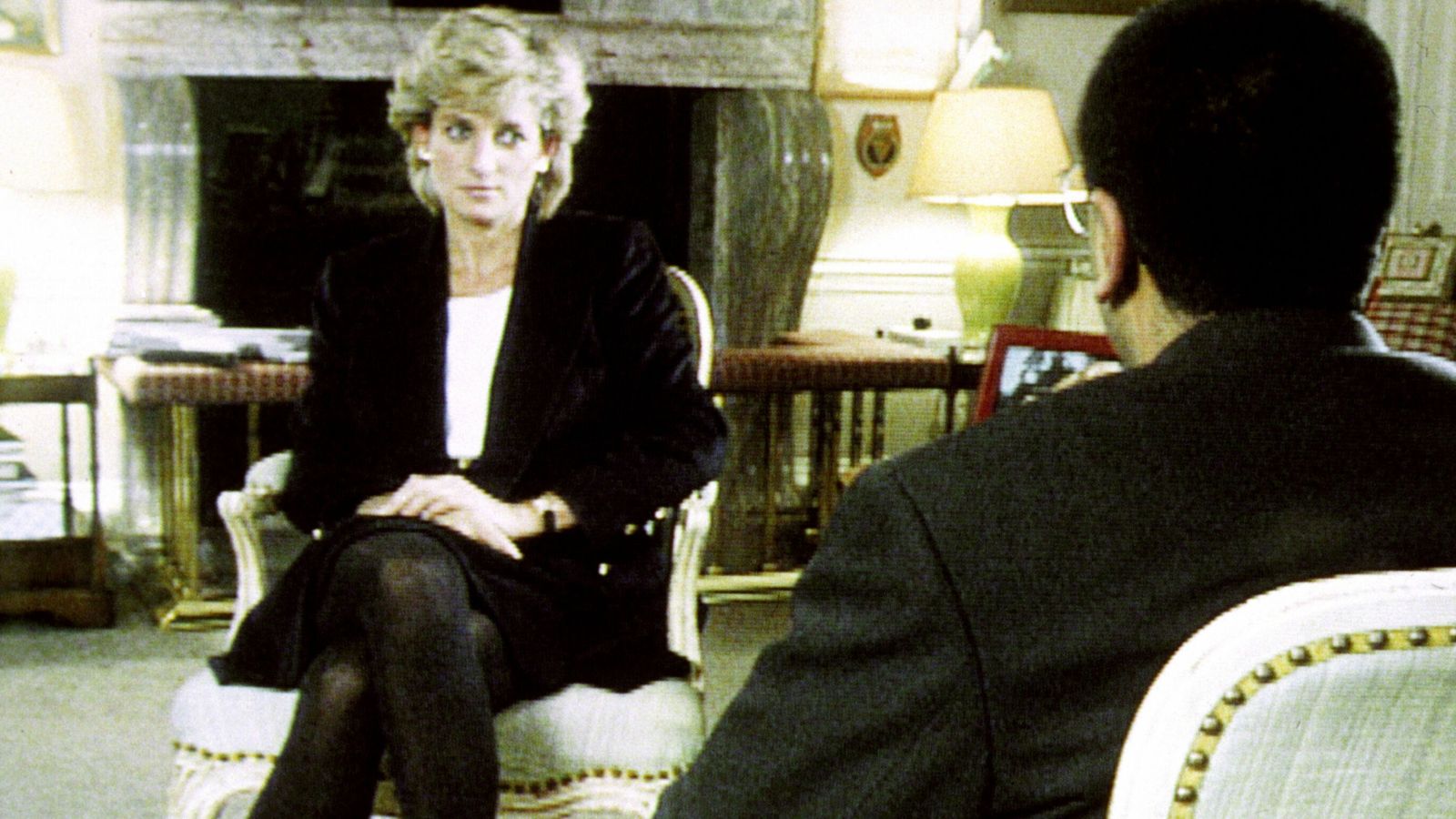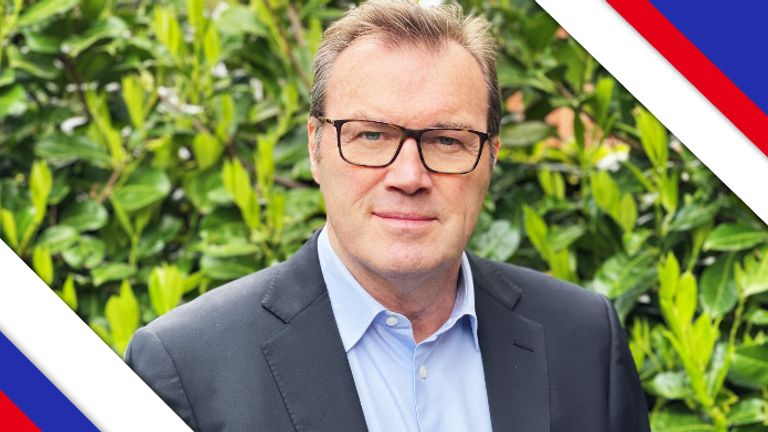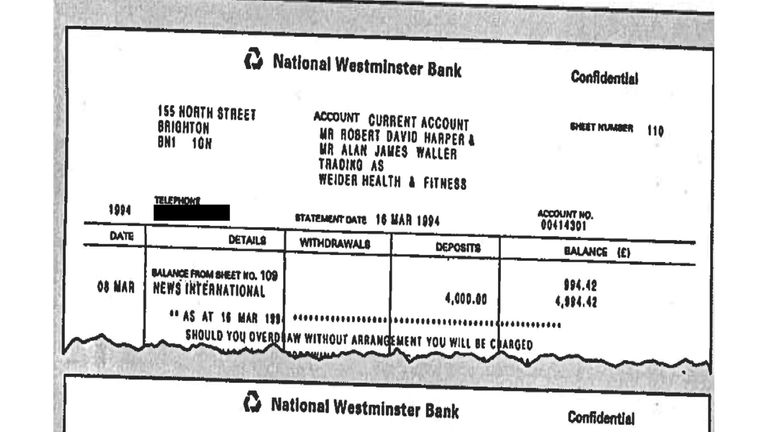Princess Diana’s biographer has said she was scared “half to death” into being interviewed by Martin Bashir due to his lies – but would have spoken her mind in any interview.
Andrew Morton said there was a “mile-long queue outside Kensington Palace” to interview her and there was “no question at all that Diana was going to speak her mind”.
He said Bashir would never have got the 1995 interview, but he did as he “scared her half to death”.
An inquiry into how Bashir got Diana to speak to him, a relatively junior BBC journalist at the time, found this week he gave Earl Spencer, her brother, fake bank statements showing payments by his former employee to News International and a trust fund.
Lord Dyson, who carried out the independent investigation, also found leading BBC executives covered up Bashir’s lies in an inquiry they carried out in 1996.
Mr Morton told Sky News’ Trevor Phillips on Sunday: “He had her thinking that he had contacts inside MI5, he was very plausible, he arranged meetings in underground car parks – they’re scary at the best of times – but when you think your life is in danger it was very potent.
“She was put in a state of fear and trepidation and that encouraged her to speak out.
“When she gave the interview, it wasn’t a case of self-indulgence, as many people thought, but it was a question of self-preservation, she thought she was a target, she thought from what Bashir said she was under the gun, in the sights of the establishment.
“Remember, she lived like this for most of her adult life.”
The author and journalist said he disagrees with Prince William and Prince Harry that what she said in the interview was influenced by Bashir.
“Diana wanted to speak her truth and she’d been stifled for a long time,” Mr Morton said.
“Yes, she was terrified into doing the interview by Bashir but no, what she had to say was reflective of what she truly felt, ‘three of us in the marriage, Queen of people’s hearts’ – all these things she would have probably said to somebody else, [BBC journalist] Nicholas Witchell or some other journalist.
“It so happened Bashir beat the pack by lying to her and that’s how he did it.”
Home Secretary Priti Patel told Sky News the planned midterm review of the BBC Charter next year is an opportunity “to look at new ways of governance” of the BBC.
She said it will also be an opportunity to look at – and enhance – BBC accountability structures, which after the Dyson report is “going to be a very very important moment”.
Dorothy Byrne, former head of news at Channel 4, said Lord Dyson’s findings, including the fact the BBC failed to admit they knew Bashir had faked the documents, are “extremely serious and scandalous”.
She told Sky News: “It’s also scandalous that Martin Bashir was employed just a few years ago, ironically as head of religion, so it’s extremely serious.
“We, as other television journalists, are outraged because it has led some people to smear the whole of our profession when in fact television journalism overwhelmingly is very tightly regulated and not at all like the way tabloid journalists behaves.”
She called on the BBC, ITV and US networks Bashir worked for to look at all the other stories he did and said: “I would never have employed Martin Bashir at Channel 4.
“He wouldn’t even have got to the door, he’s one of the most notorious journalists in Britain and has been for a quarter of a century.
“Other people who’ve been interviewed by Martin Bashir have complained that he lied to him and we know the BBC wrote a formal letter to ITV about Martin Bashir’s conduct on several stories so I think both BBC and ITV need to look at all his scoops.”
Ms Byrne added she has never wanted to work for the BBC.
“I’ve always regarded it as an arrogant organisation of posh white blokes and that’s what we saw happen in the scandal,” she said.
“But, it is a very good organisation and the journalists are good.”




